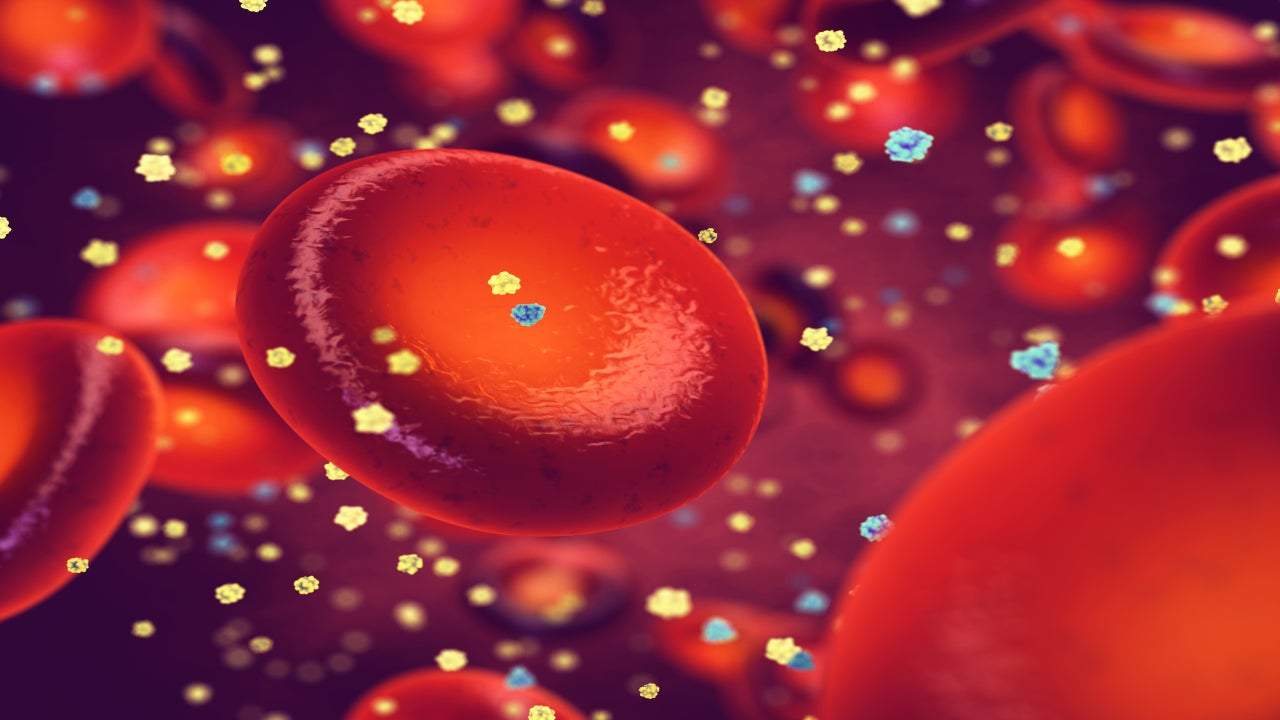The top tweets were chosen from influencers as tracked by GlobalData’s Influencer Platform, which is based on a scientific process that works on pre-defined parameters. Influencers are selected after a deep analysis of the influencer’s relevance, network strength, engagement, and leading discussions on new and emerging trends.
Top tweets on metabolic disorders in Q2 2021
1. Daniel J Drucker’s tweet on FDA approval of first drug therapy for weight management
Daniel J Drucker, a clinical scientist at Lunenfeld-Tanenbaum Research Institute (LTRI), a patient care and research centre, shared an article on the approval of Wegovy™, the first drug therapy for weight management, by the US Food and Drug Administration (FDA). Developed by Novo Nordisk, Wegovy™ is a 2.4mg injection of semaglutide indicated for weight management in adult patients with chronic obesity in addition to exercise and diet.
The drug is a glucagon-like peptide-1 (GLP-1) receptor agonist having 94% similarity to naturally occurring GLP-1 hormone in human adults. The FDA approval of the drug was based on the global Semaglutide Treatment Effect in People with obesity (STEP) phase 3a clinical trial programme, which included four clinical trials that enrolled 4,500 adults with overweight or obesity. The drug works by increasing the feeling of fullness, which in turn reduces hunger and minimises calorie intake.
The most effective medical therapy developed to date for #obesity the GLP-1R Agonist Semaglutide 2.4mg once weekly (Wegovy) now approved in the USA @US_FDA @novonordisk https://t.co/Wbr629ISOn pic.twitter.com/8Y16sq9sKW
— Daniel J Drucker (@DanielJDrucker) June 4, 2021

US Tariffs are shifting - will you react or anticipate?
Don’t let policy changes catch you off guard. Stay proactive with real-time data and expert analysis.
By GlobalDataUsername: Daniel J Drucker
Twitter Handle: @DanielJDrucker
Retweets: 139
Likes: 391
2. Stuart Phillips’ tweet on the impact of different exercises on patients with Peripheral Artery Disease (PAD)
Stuart Phillips, a professor at McMaster University, a public research university, shared an article about a clinical trial that evaluated the impact of home-based low and high-intensity walking exercises on walking distance in patients with PAD. The multi-centre randomised trial recruited 305 patients with PAD, who were randomised to perform low-intensity, high-intensity, and non-exercise control.
The low-intensity and high-intensity exercise groups were asked to walk for up to 50 minutes per session, while the exercise intensity and time was documented. The trial found that low-intensity walking exercises did not enhance walking performance in patients with PAD and there was no significant difference in walking performance between the low-intensity and non-exercise group.
Low- vs High-Intensity Walking Exercise and Walk Distance in Patients With Peripheral Artery Disease https://t.co/DLAUACI6lw via @JAMA_current part of @JAMANetwork
Intensity matters! pic.twitter.com/SRcUWmRzD3
— Stuart Phillips (@mackinprof) April 7, 2021
Username: Stuart Phillips
Twitter Handle: @mackinprof
Retweets: 33
Likes: 138
3. Ted Kyle’s tweet on obesity caused by an adenovirus
Ted Kyle, founder of ConscienHealth, an organisation that promotes evidence-based approach to health and obesity, shared an article on how adenovirus 36 (ADV36) can cause obesity based on a systematic review of studies in the International Journal of Obesity.
The review included findings from 37 studies conducted in 10,300 adults and 4,585 children and adolescents. A total of 31 studies found association between ADV36 infection and obesity. The findings indicated that the average prevalence of ADV36 in adults was 22.9%, while it was 28.9% in children and adolescents.
The article noted that the review is an indication that obesity has several causes including genetic susceptibility and environmental triggers.
For people who insist that #obesity is a problem of unhealthy behaviors, this might come as a shock. One of the causes of obesity is an adenovirus – #ADV36. https://t.co/ElE9tEfzTZ
— Ted Kyle (@ConscienHealth) April 3, 2021
Username: Ted Kyle
Twitter Handle: @ConscienHealth
Retweets: 26
Likes: 76
4. Atanas G. Atanasov’s tweet on the relationship between hypovitaminosis D and metabolic syndrome
Atanas G. Atanasov, principal investigator of Ludwig Boltzmann Institute for Digital Health and Patient Safety (LBI-DHPS), shared a study examining scientific evidence on the role of vitamin D in shaping metabolic syndrome (MetS). MetS is a set of metabolic and vascular disorders, ranging from central obesity and hypertension to insulin resistance (IR), that increase the risk of diabetes and cardiovascular diseases.
The study suggests that hypovitaminosis D can affect MetS and providing sufficient vitamin D can act as a preventive measure for the syndrome. Vitamin D is responsible for insulin secretion and sensitivity, which is also a key factor in the development of MetS. The study concluded that vitamin D is associated with many factors affecting MetS, however, a clear relationship between both cannot be established.
Role of Vitamin D in the Metabolic Syndrome #INPST #VitaminD #MetabolicSyndrome https://t.co/bQlsCSJy3w
— Atanas G. Atanasov (@_atanas_) June 26, 2021
Username: Atanas G. Atanasov
Twitter Handle: @_atanas_
Retweet: 32
Likes: 70
5. Martin Gibala’s tweet on 20-second ‘exercise snack’
Martin Gibala, a professor at McMaster University, shared a podcast where he shared his research on introducing a 20-second exercise regime for those who do not have time to work out. In the podcast, Dr. Gibala says that with changing paradigms, people have lesser time to look after their physical wellbeing and thus, his study provides them with an alternative one-minute workout to save time and be healthy at the same time.
The one-minute workout session includes warm up and three bouts of vigorous 20-second exercise, followed by a short recovery time. Gibala also said that longer low-intensity workouts reduce the intensity of exercises, and the larger the recovery time the smaller the impact of the exercise.
No time for a workout? What if it's just 20 seconds? Introducing the "exercise snack"
Thank you @HilaryKHarper @RadioNational for the interview on Life Mattershttps://t.co/rccTzbRQQg
— Martin Gibala (@gibalam) April 1, 2021
Username: Martin Gibala
Twitter Handle: @gibalam
Retweets: 16
Likes: 61






